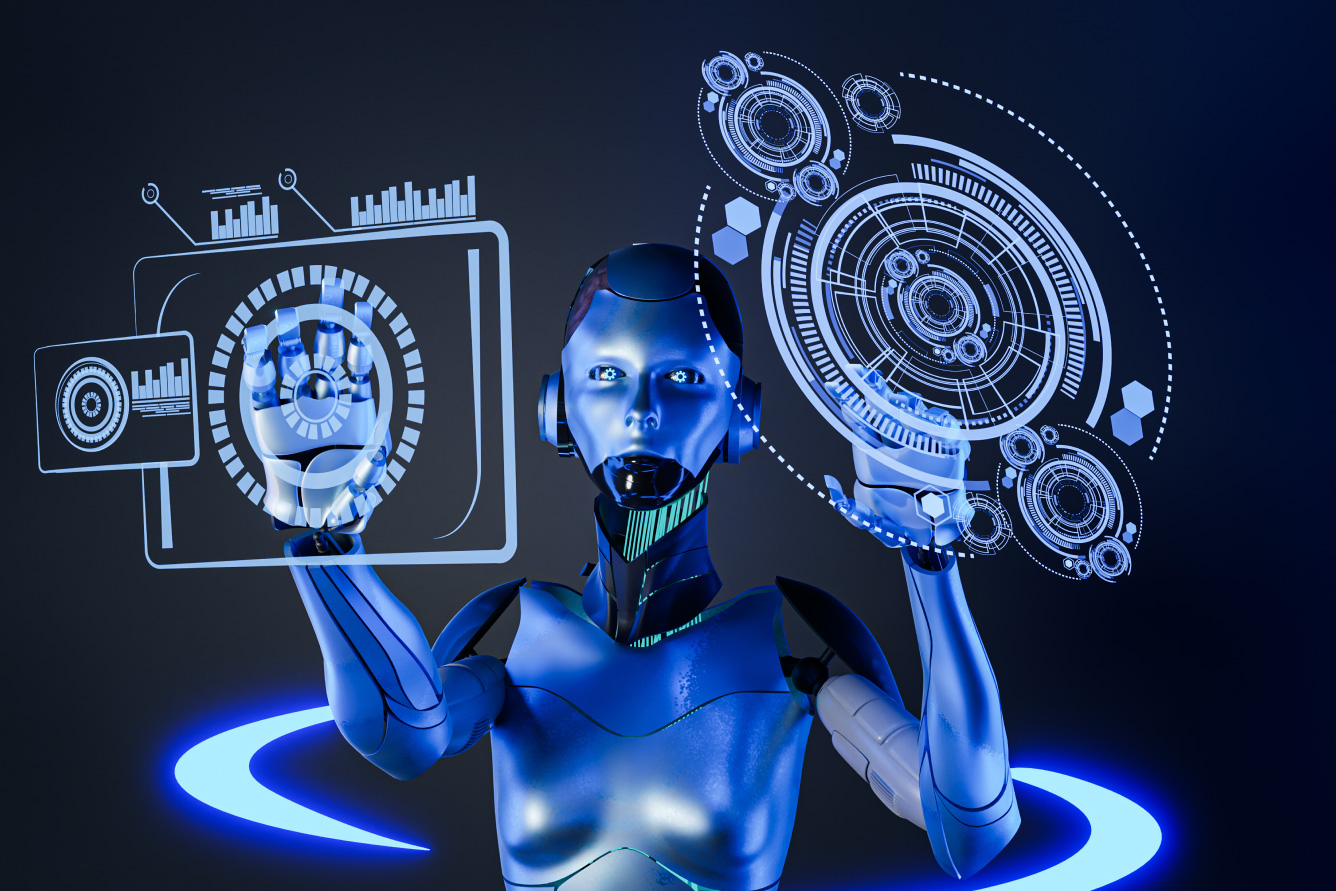Subtotal $0.00
In an era where artificial intelligence (AI) is rapidly transforming industries, economies, and societies, the ethical challenges it presents are becoming more evident and pressing. As creators and users of AI, we must ensure the responsible development and utilisation of this powerful technology to serve and respect humanity’s diverse interests and values.
Accountability
One of the foremost ethical challenges is accountability. AI systems make decisions or recommendations that can have significant consequences on people’s lives. For instance, AI used in the criminal justice system for risk assessment can affect bail, sentencing, and parole, potentially amplifying existing biases. Ensuring there are structures in place to hold AI systems and their developers accountable for errors and injustices is crucial. Transparency in AI processes and decision-making criteria is necessary so that systems can be audited and individuals harmed by AI decisions have recourse.
Bias and Fairness
The problem of bias in AI is another significant ethical issue. AI is trained on large datasets, and if the data is biased, the AI will inherently learn these biases, too. The consequences can be severe – from perpetuating racial and gender disparities in employment decisions to affecting credit scoring and mortgage approvals. Ensuring fairness in AI involves carefully curating training datasets and continuously monitoring AI outputs to identify and mitigate biases.
Privacy Concerns
Respect for privacy is being challenged by AI through the collection, analysis, and use of vast amounts of personal data. AI technologies, such as facial recognition and behaviour prediction systems, can enable surveillance and data collection at unprecedented scales, often without individuals’ knowledge or consent. Developing and enforcing robust privacy protections and regulations is imperative to maintain trust and protect individuals’ rights in an AI-driven landscape.
Autonomy and Human Agency
AI has the potential to undermine human autonomy and agency, as it takes over decision-making in critical areas like healthcare, finance, and employment. Ensuring that AI assists rather than undermines human decision-making, and that individuals have final control over decisions that affect them, is essential to preserve human dignity and freedom.
Technological Unemployment
The increasing capabilities of AI could lead to significant job displacement, with AI systems performing tasks previously done by humans more efficiently and at lower cost. Addressing the ethical implications for workers and the possible exacerbation of economic inequalities requires proactive social policies, including education and retraining programmes, to support those displaced by AI technologies.
Militarisation of AI
The use of AI in military applications raises profound ethical questions about the potential for autonomous weapons systems, which may lead to conflicts where machines, not humans, make life-and-death decisions. International legal frameworks and agreements may be necessary to manage the militarisation of AI and ensure that human control is maintained in matters of war and peace.
Conclusion
Navigating the ethical challenges of AI is not solely the responsibility of technologists and AI developers; it is a multifaceted task requiring the collaboration of policymakers, ethicists, sociologists, businesses, and the general public. Establishing ethical guidelines and regulatory frameworks is necessary to guide the development and deployment of AI technologies. Moreover, the inclusion of diverse perspectives and the fostering of public dialogue on AI are fundamental to crafting ethical AI systems that reflect our shared human values and work towards the betterment of society. As AI continues to evolve, so must our understanding and response to the ethical challenges it presents. Embracing AI’s potential while addressing its ethical issues is crucial for the harmonious integration of this technology into the fabric of human existence.

